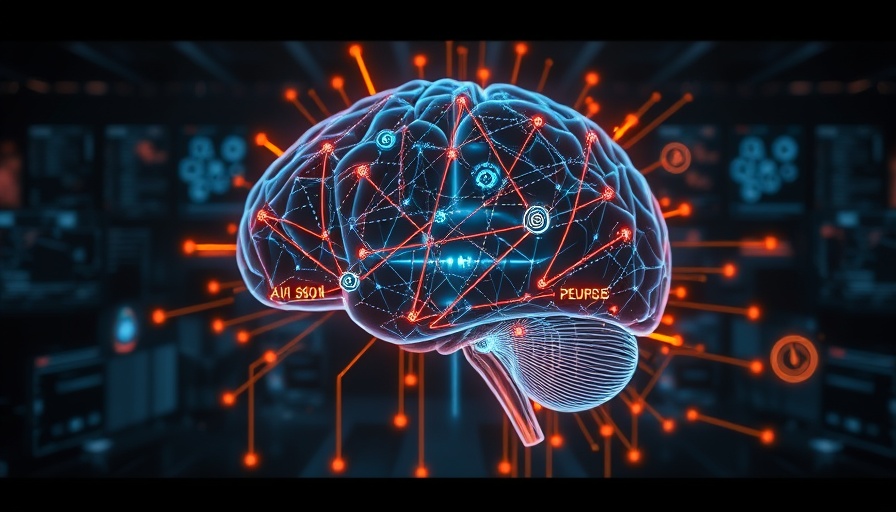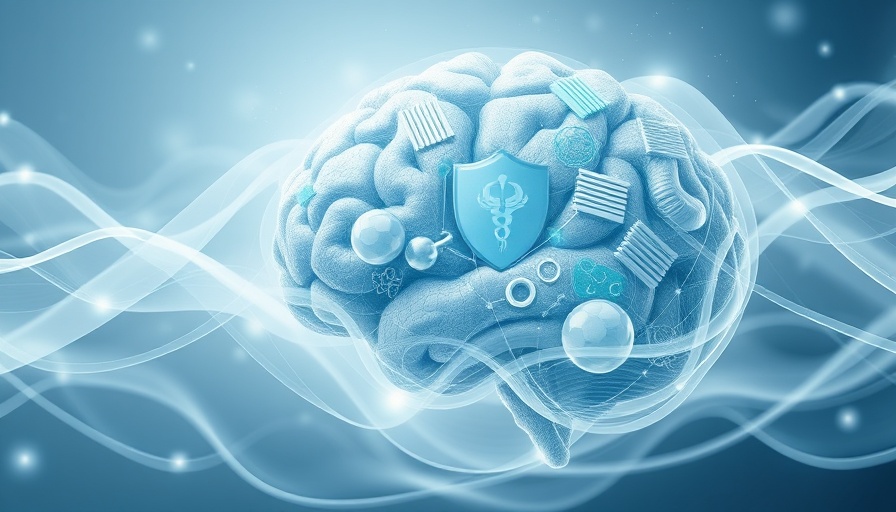
AI Technology Agents Revolutionizing Home Care for Older Adults
The future of caregiving is about to undergo a profound shift as artificial intelligence (AI) technology agents emerge as vital companions for older adults in their homes. With rapid advancements in AI technology, these intelligent systems are being designed to assist individuals in navigating daily challenges, maintaining their independence, and enhancing their overall quality of life. The transformation promises not only convenience but also a holistic approach to healthcare tailored to the unique needs of our aging population.
Understanding the Landscape: The Need for AI in Elder Care
With the number of older adults steadily climbing worldwide, the demand for innovative solutions to support their daily living is paramount. According to the United Nations, the number of people aged 65 and older is projected to triple by 2050, underscoring an urgent need for scalable and efficient care options. AI technology agents will play a crucial role in this landscape. Beyond just reminders for medication, these systems can assist with varied tasks ranging from monitoring health conditions to facilitating communication with family members.
The Unique Benefits of AI Agents for Seniors
Imagine a digital assistant that not only learns and adapts to an individual’s preferences but also takes proactive measures to ensure their well-being. AI agents have the potential to enrich the lives of older adults. These agents can provide personalized exercises, remind users about appointments, and even analyze health data to alert caregivers of any irregularities. This makes them invaluable resources not just for seniors but also for families who wish to ensure their loved ones are safe and thriving.
The Emotional Connection: Bridging Generations Through Technology
While it may seem dystopian to some, the emotional connection AI technology agents can facilitate is profound. For many older adults who face isolation, these agents aren't just tools but companions that engage them in conversation and help maintain social ties with their family. This connection is essential in combating loneliness, which becomes a significant challenge for many seniors.
Challenges to Widespread Adoption
Despite the promising outlook, several obstacles hinder the rapid adoption of AI technology in elder care. Age-related resistance to technology, privacy concerns, and the cost of implementation are three compelling challenges that need addressing. Furthermore, some may perceive these agents as intrusive, raising essential questions about the ethical implications of AI monitoring in personal spaces.
Views from Experts: Insights on the Future of AI in Elder Care
Experts in gerontology and technology predict that the integration of AI into elder care will not only provide peace of mind for families but can also enhance the cognitive functions of seniors. Gwen Blake, a health technology researcher, states, “AI technology agents are not just about assistance; they represent a paradigm shift in how we approach care. By offering tailored support, we empower older adults to live autonomously.” This insight emphasizes the transformative potential of AI agents beyond mere functionality.
Final Thoughts: Embracing a New Era of Care
The age of AI technology agents is upon us, providing an innovative approach to enhancing the lives of older adults. As society adapts to this technology, discussions surrounding privacy, ethics, and usability will become paramount. Understanding these dimensions is not just beneficial; it is essential for crafting a future where technology complements human caregiving. It invites us to reconsider how we can integrate advanced technology to enrich lives and maintain dignity in our aging community.
As we look ahead, it is vital for families and caregivers to stay informed about the advancements in AI technology that can support their loved ones. Knowing how these innovations can provide solutions now can signify a meaningful change in elder care.
 Add Row
Add Row  Add
Add 




Write A Comment